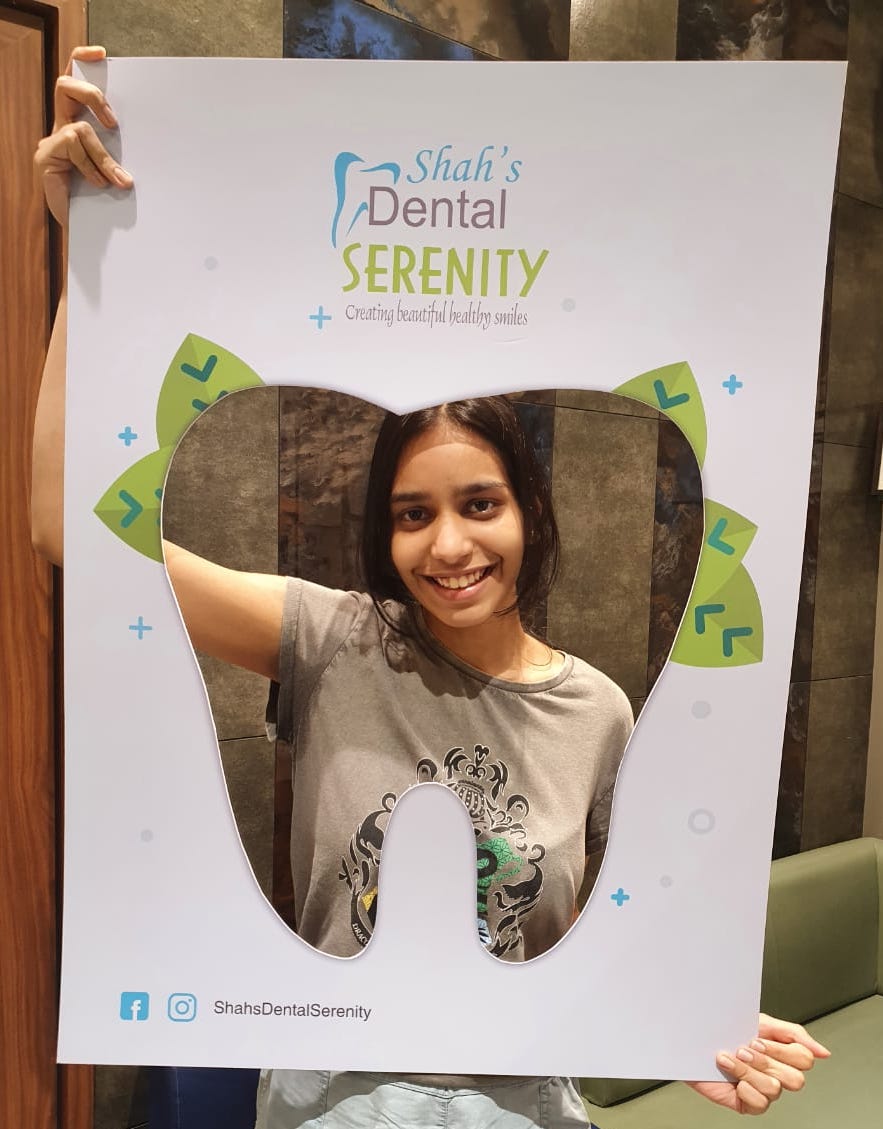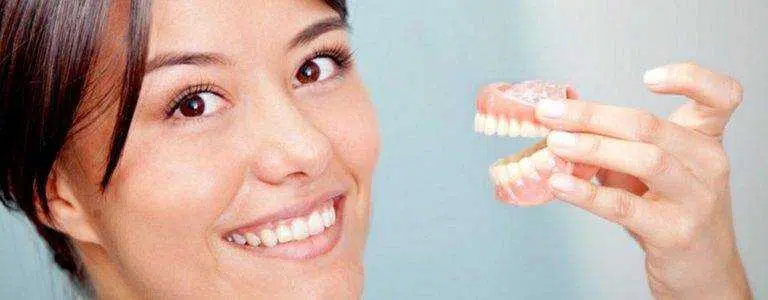Dentures have been a transformative solution for individuals dealing with tooth loss, offering a chance to regain confidence and oral functionality. While many blogs touch upon the basics of dentures, this post aims to delve deeper into the specialized field of Dentures Specialists, exploring their role, the latest advancements, and statistics that shed light on the impact of dentures on oral health.
Who is a Dentures Specialist?
Dentures Specialists, also known as Prosthodontists, are dental professionals with advanced training in the restoration and replacement of teeth. Unlike general dentists, these specialists focus on comprehensive oral rehabilitation, making them experts in crafting and fitting dentures tailored to each patient’s unique needs.
The Importance of Dentures Specialists
While general dentists can handle routine dental care, Dentures Specialists bring a higher level of expertise to the table. They play a crucial role in:
- Comprehensive Examination: Dentures Specialists conduct thorough examinations, considering factors like jaw structure, facial aesthetics, and oral health history. This meticulous approach ensures a personalized denture solution that not only fits comfortably but also enhances the overall appearance.
- Advanced Treatment Planning: Crafting dentures involves more than just creating a set of teeth. Dentures Specialists develop comprehensive treatment plans, often involving coordination with oral surgeons and other specialists for procedures like dental implant placement.
- Adaptive Rehabilitation: Dentures Specialists excel in addressing complex cases, such as patients with severe bone loss or unique anatomical challenges. Their expertise allows them to provide adaptive rehabilitation solutions that may include implant-supported dentures for enhanced stability.
Statistics on Tooth Loss and Dentures Usage
- Global Tooth Loss: According to the World Health Organization (WHO), approximately 2.3 billion people suffer from dental caries, and severe periodontal disease affects about 20% to 50% of the global population. These conditions often lead to tooth loss, necessitating the use of dentures.
- Denture Usage Trends: The American College of Prosthodontists reports that around 178 million Americans are missing at least one tooth, and 40 million are missing all of their teeth. Dentures remain a popular choice for tooth replacement, with an estimated 15% of the edentulous population in the United States opting for full dentures.
- Quality of Life Impact: Research published in the Journal of Prosthetic Dentistry highlights the significant improvement in the quality of life for individuals using dentures. Patients reported enhanced satisfaction with their appearance, ability to eat, and overall well-being after receiving well-fitted dentures.
Beyond the Basics: What Most Blogs Miss
- Technological Advancements: Dentures Specialists leverage cutting-edge technologies, such as digital impressions and 3D printing, to create highly precise and comfortable dentures. This ensures a more efficient and streamlined process for patients.
- Psychosocial Impact: While many blogs discuss the functional aspects of dentures, few delve into the psychosocial impact. Dentures Specialists understand the importance of addressing the emotional aspects of tooth loss, helping patients rebuild confidence and self-esteem.
- Ongoing Care and Maintenance: Maintaining dentures is an ongoing process. Dentures Specialists educate patients on proper care, periodic adjustments, and the importance of regular check-ups to ensure the longevity of the prosthetics and optimal oral health.
Conclusion
In the realm of dentures, Dentures Specialists emerge as key players, providing specialized care that goes beyond the basics. As statistics reveal the widespread prevalence of tooth loss, the role of these specialists becomes increasingly crucial in offering tailored solutions that not only restore oral function but also enhance the overall quality of life for their patients.



